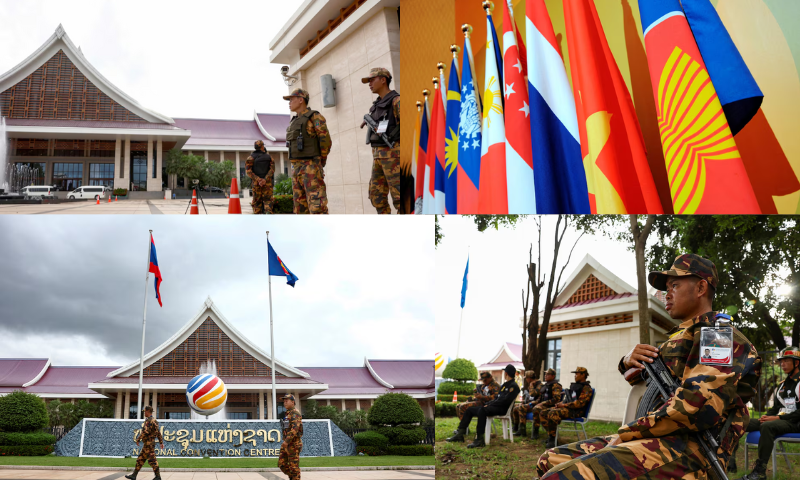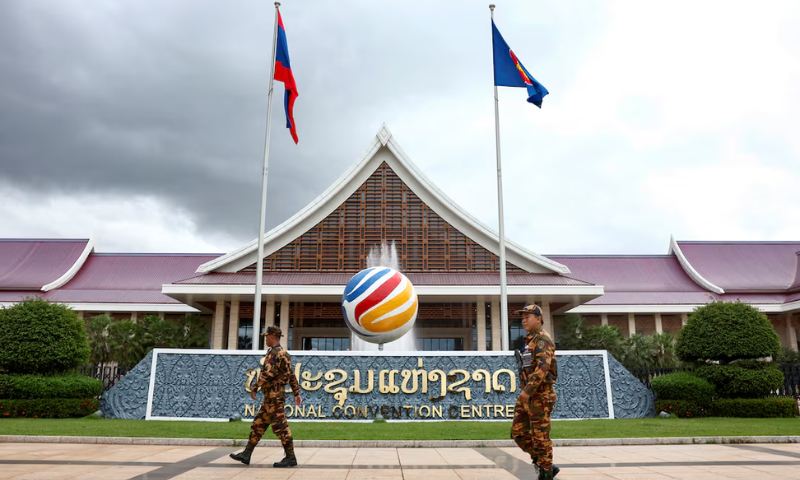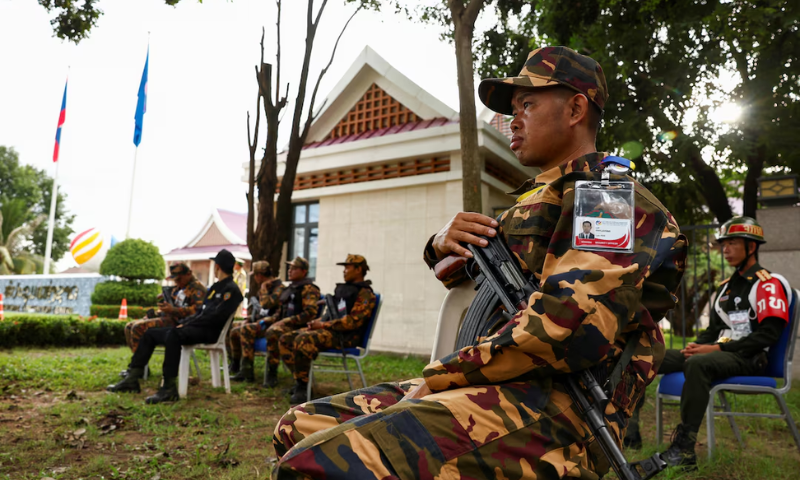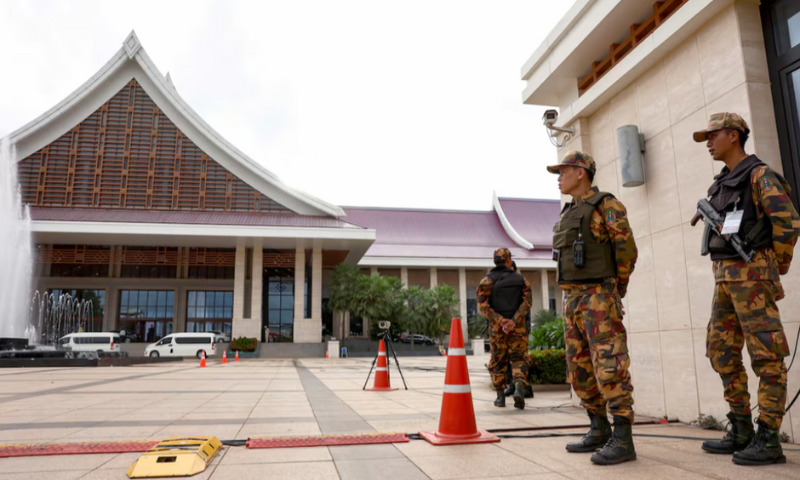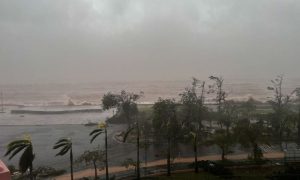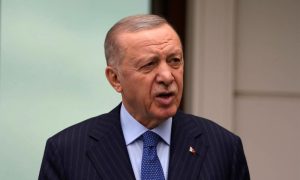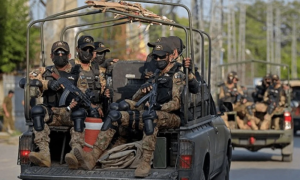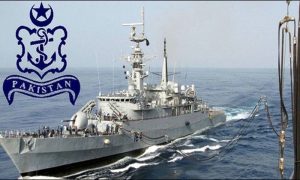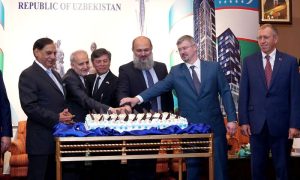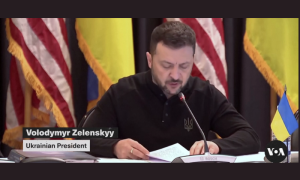LAOS: Foreign ministers from the Association of Southeast Asian Nations (ASEAN), the Southeast Asian bloc, met in Laos on Wednesday as it seeks to address the ongoing crisis in Myanmar and cool tensions in the South China Sea, days ahead of a gathering of top diplomats from the world’s biggest powers.
The meeting is taking place ahead of two significant summits scheduled for Saturday, which will bring together top diplomats from major global powers including the United States, European Union, Japan, China, and Russia.
ASEAN’s focus on Myanmar centers on resolving a prolonged conflict exacerbated by a military coup in 2021, which has plunged the country into civil strife and displaced millions. The United Nations estimates that the crisis has forced 2.6 million people from their homes, presenting a humanitarian and diplomatic challenge for the regional bloc.
Key ASEAN members such as Thailand, Indonesia, Singapore, and Malaysia have expressed frustration over Myanmar’s military junta’s reluctance to engage in meaningful dialogue as previously agreed. This has strained ASEAN’s credibility and tested the viability of its peace initiatives, including a five-point peace plan developed after the coup.
During Wednesday’s talks, a troika consisting of Indonesia, Laos (current ASEAN chair), and incoming chair Malaysia deliberated on strategies to advance the peace plan. While details of any new approaches were not disclosed, Malaysia’s foreign ministry said that efforts were underway to move forward, particularly focusing on humanitarian aid delivery and fostering inclusive national dialogue.
Indonesian diplomat Ngurah Swajaya underscored the troika’s commitment to ensuring continuity in the peace process, acknowledging that other nations may also pursue initiatives to support ASEAN’s efforts in Myanmar.
Meanwhile, ASEAN will also intensify efforts towards finalizing a long-awaited code of conduct with China concerning the South China Sea. Originating in 2002 and actively negotiated since 2017, the code aims to manage disputes in the resource-rich and strategically significant maritime region.
Tensions in the South China Sea have escalated recently, notably involving confrontations between China and the Philippines over disputed reefs. The Philippines, supported by the United States, has accused China of aggressive actions by its coastguard.
READ ALSO: Israeli Shelling in Gaza Humanitarian Zone Kills 16, Evacuation Ordered
Philippine senior diplomat Theresa Lazaro disclosed plans for Manila to propose the establishment of an ASEAN Coast Guard Forum, aimed at facilitating dialogue and enhancing maritime law enforcement among member states. This proposal is expected to provoke reactions from China, which disputes sovereignty over much of the South China Sea.
Indonesia remains cautiously optimistic about concluding the code of conduct by 2026, despite skepticism from security analysts regarding its enforceability. ASEAN states advocate for a code grounded in principles of the United Nations Convention on the Law of the Sea (UNCLOS), a stance challenged by China’s refusal to acknowledge a 2016 UNCLOS ruling invalidating its expansive maritime claims.
The upcoming summits on Saturday, including the East Asia Summit and the ASEAN Regional Forum, will address a broad spectrum of global issues. These include international law compliance in the South China Sea, the conflicts in Gaza and Ukraine, food security, climate change, trade policies, and North Korea’s nuclear aspirations.
US Secretary of State Antony Blinken will, according to a statement, press for international law to be adhered to in the South China Sea, a conduit for $3 trillion in annual trade, during summits at the weekend that will include Chinese Foreign Minister Wang Yi.
They will be joined by counterparts from Japan, South Korea, India, Australia and Russia, among others, at Saturday’s East Asia Summit and the security-focused ASEAN Regional Forum.









